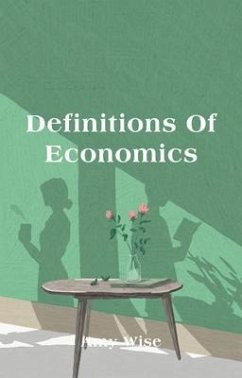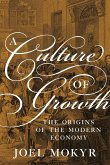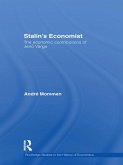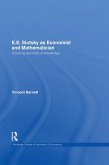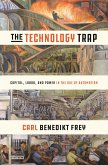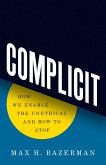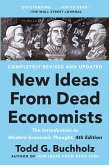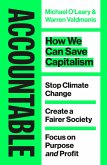1. Definitions Of Economics
Some version of the traditional definition of economics is found in almost every introductory economics textbook:
"Economics is the study of how scarce resources are most efficiently allocated among alternative goals."
When an economist refers to "scarce resources," they do not necessarily mean something rare, like diamonds. They mean resources that are not available in unlimited quantity at zero cost. Thus, scarce resources include everything we can think of that might be used in producing any kind of good or service. Economists often classify resources into three types: capital, labor, and land.
When an economist refers to an "efficient allocation," she means that the mix of inputs chosen to produce a given quantity of some good or service is the minimum cost mix of inputs.
Finally, "alternative goals" simply means that people cannot have unlimited amounts of goods and services, so we have to choose among them.
Because of this, economics is sometimes defined as the "study of choice."
Some version of the traditional definition of economics is found in almost every introductory economics textbook:
"Economics is the study of how scarce resources are most efficiently allocated among alternative goals."
When an economist refers to "scarce resources," they do not necessarily mean something rare, like diamonds. They mean resources that are not available in unlimited quantity at zero cost. Thus, scarce resources include everything we can think of that might be used in producing any kind of good or service. Economists often classify resources into three types: capital, labor, and land.
When an economist refers to an "efficient allocation," she means that the mix of inputs chosen to produce a given quantity of some good or service is the minimum cost mix of inputs.
Finally, "alternative goals" simply means that people cannot have unlimited amounts of goods and services, so we have to choose among them.
Because of this, economics is sometimes defined as the "study of choice."
Dieser Download kann aus rechtlichen Gründen nur mit Rechnungsadresse in A, D ausgeliefert werden.

